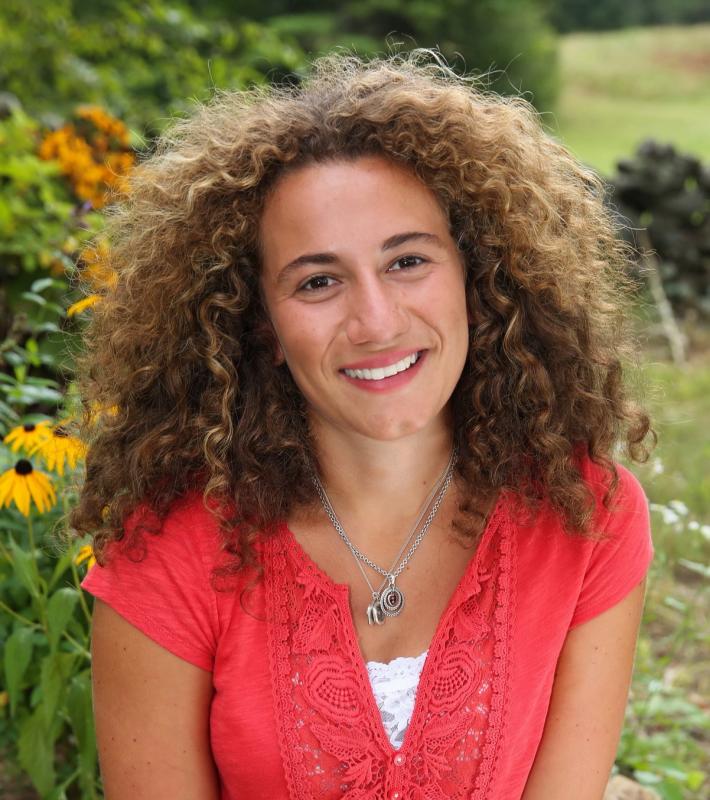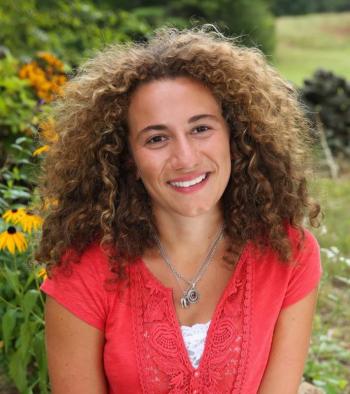We can’t wait to address PFAS contamination
If you’ve been keeping up with the news lately, you’ve likely heard a lot of talk about PFAS. PFAS, short for per- and polyfluoroalkyl substances, are a class of chemicals found in many products we use every day. From household cleaning products to food packaging like microwave popcorn bags, cosmetics and stain-resistant textile treatments, PFAS have become widespread because of their ability to resist heat, oil, stains, grease and water. Unfortunately, this hardiness also means they are very, very slow to break down in our bodies and the environment, which is why PFAS are also commonly called “forever chemicals.”
However, it wasn’t until recently that we discovered just how harmful these forever chemicals can be. Research shows that high levels of PFAS are linked to high cholesterol, low birth weight in infants, an increased risk of certain types of cancer and other bad health outcomes. While PFAS are found in so many of the products we use every day, it’s the fact that PFAS-laden sludge has been spread on farms throughout Maine for decades that’s causing us big problems now.
For a long time, Maine farmers were assured that spreading industrial and septic sludge was a safe way to fertilize their land. But this sludge contains the by-products of our widespread PFAS use, and as we learn more about the health effects of PFAS and the fact that they don’t go away, we’re also learning that Maine agricultural land, farms and wild animals, and some wells have high PFAS levels. In some places, this is true even if fertilizer containing PFAS hasn’t been spread on that land in years.
This has been a scary and upsetting realization. For some farmers, this means their crops and livestock are no longer fit for consumption, or that they can no longer grow on their land. Some residents have discovered that their drinking water isn’t safe. And last year, hunters were alerted not to consume deer harvested in the Fairfield area after they were shown to have high levels of PFAS. In short, PFAS contamination is affecting our lives, well-being and economy – and we need to do something about it.
In the Legislature, we’re not waiting to take action. Last year, we passed a law to fund 17 positions within Maine’s Department of Environmental Protection so that we can begin widespread testing of farmland and adjacent land where PFAS have historically been spread. This testing is well underway and giving us more information every day. We also banned the sale of PFAS-containing products in Maine by 2030, unless the use of PFAS in that product is truly unavoidable.
This session, I’m supporting several bills that represent the next step in addressing PFAS contamination. In 2019, Maine stopped allowing the spread of sludge with high PFAS levels, with some significant loopholes that enabled contaminated sludge to still be spread on clean soil. I feel strongly that we need to be doing all we can to keep our clean soil just that – clean. That’s why I’m proud to be cosponsoring a bill that closes that loophole and preserves the untouched soil we’re lucky to have. Another bill would direct the state to figure out the best way to reduce PFAS coming out of state-owned solid waste facilities to reduce the PFAS levels in this sludge.
For farms impacted by PFAS, there’s help available. Maine Farmland Trust and the Maine Organic Farmers and Gardeners Association (MOFGA) are providing a safety net for farms in the early stages of PFAS discovery. You can learn more at www.mainefarmlandtrust.org/farm-viability/pfas-emergency-relief-fund. The Legislature is also considering a bill this session to provide more significant, long-term support to agricultural land contaminated with PFAS. LD 2013 would create a fund of $100 million to support those whose agricultural land has been contaminated with PFAS, including monitoring their health and that of their land, and supporting them in selling land that is no longer fit for agriculture because of contamination. I’m very hopeful my colleagues will give this important bill their support.
Maine is far from the only state to have a PFAS problem, but we are one of the first states to conduct widespread testing and to begin mitigation and clean-up measures. While I’m proud that Maine is leading the way, I know it’s also a scary time for many in our community. You can learn more about what the state is doing to address PFAS contamination by visiting www.maine.gov/dep/spills/topics/pfas, and I’m here to help however I can. You can email at Chloe.Maxmin@legislature.maine.gov or call me on my cell at 200-6224 any time. You can also follow me on Facebook at facebook.com/ChloeForSenate and sign up for my regular email updates at mainesenate.org.





























